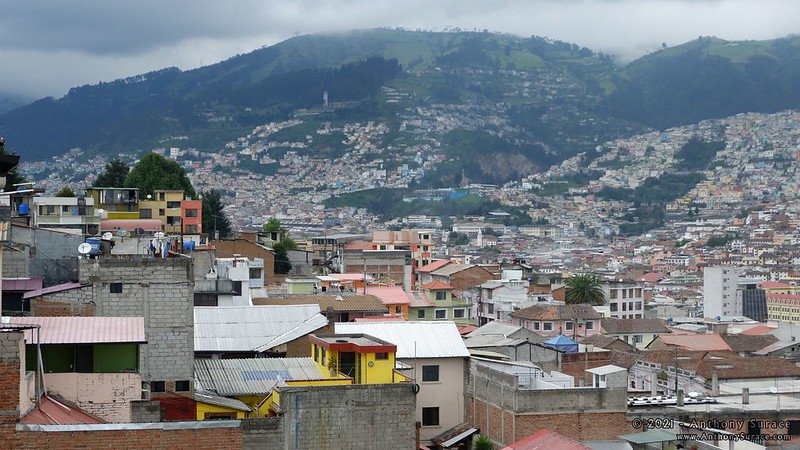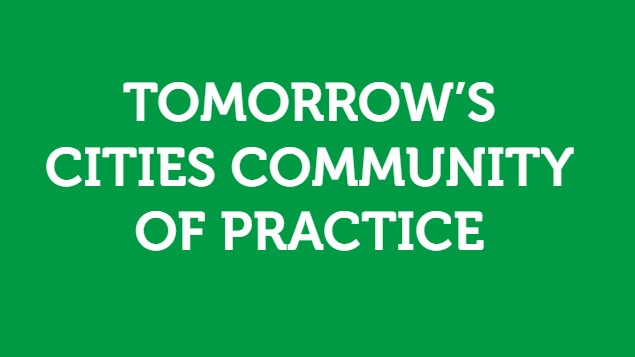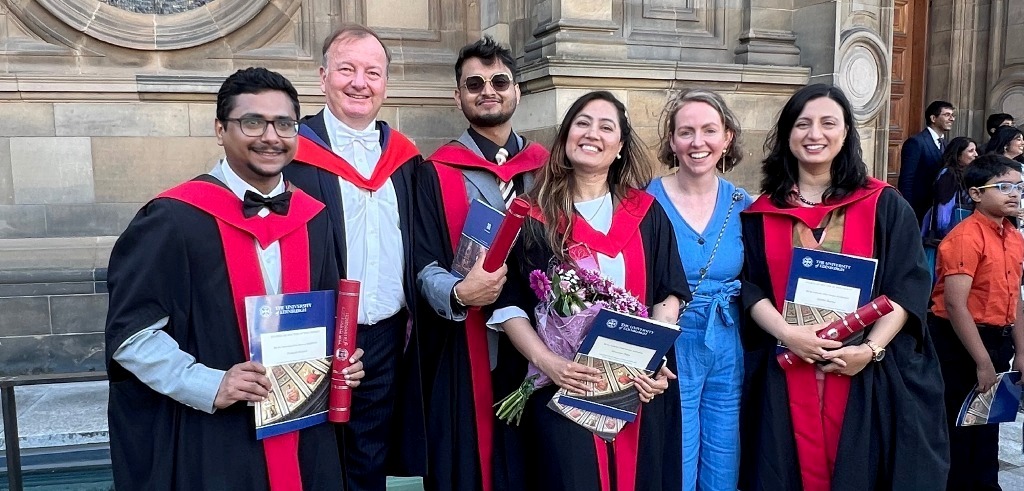
- Close
03/03/2021 | Quito
How Tomorrow’s Quito is supporting the mainstreaming of a human rights approach to planning

The way of planning and managing the territory in Ecuador was changed in the 2008 Constitution, through which planning became “the State’s instrument for promoting a new development model and social change”, incorporating nature and its rights as another main actor in development (Vázquez et al., 2013: 141-142).
Under these constitutional precepts, Ecuador has designed different instruments focused on land use planning, decentralisation and planning by competencies – the basis for the elaboration of Development and Land Use Plans (PDOT) – which must be prepared or updated by the GAD at all levels at the beginning of each administration or for a special event; instrumentation in which a structuring component must be considered that includes (in the case of municipalities) adequate land management and occupation – a key element for risk reduction. In spite of this, for many years, the lack of coordination between institutions, society as a whole and confusing regulatory framework with gaps, has led to the formation of dispersed, informal, inequitable and at-risk cities due to a lack of adequate planning.
In the Metropolitan District of Quito (DMQ), the General Secretariat of Planning, in coordination with the Metropolitan Institute of Urban Planning, the Institute of the City, the Secretariat of Territory, Habitat and Housing, and other institutions, are preparing the Metropolitan Plan for Development and Land Management (PMDOT) 2020-2030. This plan is conceived as the instrument that contains the main guidelines for the city, with the aim of ordering, making compatible and harmonising strategic development decisions regarding human settlements, economic-productive activities and the management of natural resources according to territorial qualities. The first two phases of the construction of the plan, the diagnosis and the proposal, have been completed. The management model is currently being developed, which includes the mainstreaming of a human rights approach in its guiding policies, taking into account the DMQ’s priority attention and vulnerability groups.
For the mainstreaming of the rights-based approach (click here for more details on priority attention and vulnerability groups), the General Secretariat of Planning requested the technical support of the Cities of Tomorrow Centre. This request was made following the Secretariat’s participation in the workshop “Resilient Quito: a vision for the future”, coordinated by Mark Pelling, which took place in June 2020. It was used to build a baseline for the Hub’s work in Quito and to set up the City Lab. The Hub team was composed of Marco Córdova (Flacso Ecuador) as coordinator, with the support of researchers: Evangelina Filippi (University of Bristol), Alejandro Barcena (King’s College London) Jonathan Menoscal and Adriana Mejía (Flacso Ecuador).
Since August 2020, several meetings have been held between the Quito Hub and the General Secretariat of Planning, in which working documents, presentations, indicators and other inputs from the PMDOT, the diagnoses of the current situation of the city and the situation of priority groups and vulnerability were reviewed. On this basis, a working methodology was developed between September and November. With the participation of approximately 46 people, workshops were held on 16 and 17 December 2020, with the objective of understanding the aspirations and needs of the priority attention and vulnerability groups of the DMQ in terms of the principles and norms that underlie the rights approach, for their corresponding mainstreaming in the PMDOT.
The design of the workshops was constructivist (shared knowledge production or co-production), participatory (plenary and working group discussions), and strategic (with a view to defining proposals for the future). This was done through a structure that facilitated the development of a narrative throughout the exercise, with constant feedback for participants and synthesis of what was discussed in each session by officials from the General Secretariat for Planning. The discussion revolved around the standards (availability, quality, accessibility) and principles (participation, non-discrimination, accountability and redress) of the rights-based approach, where special importance was given to the issue of risk management.
As a result of the workshops, the invisibility of social problems is a constant in all the priority attention and vulnerability groups, the most common being: mistreatment, physical and psychological violence, discrimination, marginalisation and lack of access to public goods and services. This increases due to the lack of effective spaces for integration and representation where their problems can be heard and solutions can be found. As proposals, it is highlighted that the processes of inclusion and participation must be improved, beyond a specific group or community. That is, to avoid exclusion in terms of the generation of public policy and access to health services, education, interculturality, security (especially food security), enjoyment and use of the city, environmental management, compensation and remediation, use of resources and land management and risk management, among others, which are part of a rights-based approach.
It should be emphasised that for the institutional team of Tomorrow’s Quito, opening spaces for cooperation and discussion such as the one mentioned above is a priority in order to generate knowledge and have an impact on the generation of public policies and the construction of planning instruments in favour of the most vulnerable people in the city. Similar work will be achieved through the City Lab that is being developed.
Bibliographical References
Vázquez, M., Balarezo, C., y Muñoz, M. (2013). Formulación de planes de desarrollo y ordenamiento territorial por parte de los gobiernos autónomos descentralizados en aplicación del nuevo marco legal del Ecuador. En: Competencias y gestión territorial: memorias del VIII Simposio Nacional de Desarrollo Urbano y Planificación Territorial. Quito: Comisión Coordinadora del Simposio Nacional de Desarrollo Urbano y Planificación Territorial. 140-161.



